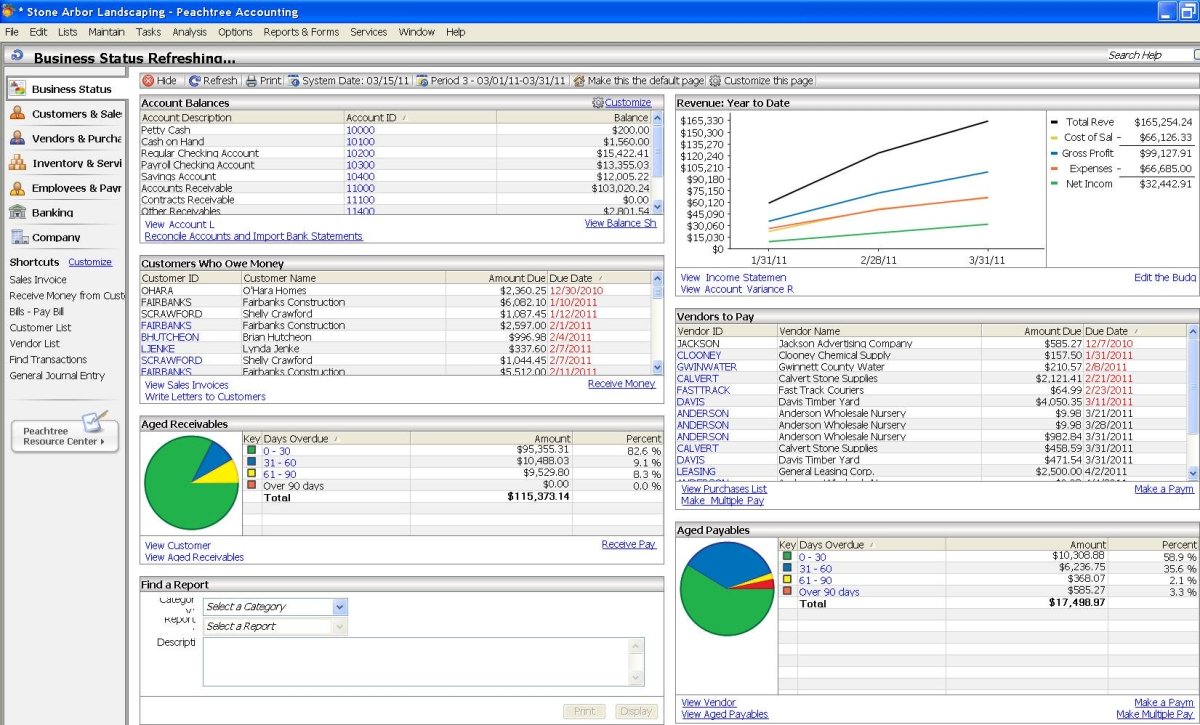Identifying Differences Between GAAP and IFRS in the United States
For several years, many people have attempted to create a large set of principle-based rules that would make up a set of accepted standards by which financial statements of all businesses could be created in order to give accurate and relevant information to investors and other interested parties. Today, no one particular accounting standard has been adopted by every nation, however, the closest to this goal is the International Financial Reporting Standards created by the International Accounting Standards Board.
“International Financial Reporting Standards (IFRS) are standards and rules for reporting financial information, as established and approved by the Financial Accounting Standards Committee.” (Epstein, 2008 pg. 1). IFRS has been adopted by many nations who have either permitted or required its use in some capacity. The European Union, which adopted IFRS in June of 2002 with the European Commission Regulation, required that all companies listed under the EU must prepare their financial statements using IFRS. Regardless of its use and spread overseas, the United States continues the use of Generally Accepted Accounting Practices or GAAP.
In recent years, the Securities Exchange Commission or SEC has seen growing debating over whether to adopt IFRS as the standard for U.S. domestic companies. According to the Chief Accountant of the SEC, James Schnurr, there is not enough support to allow U.S. companies to prepare their financial statements under IFRS guidelines and even less support to outright mandate its use. With an ever-growing amount of countries now permitting or requiring filings under IFRS, being able to find consensus between the two accounting frameworks will be vital in maintaining clear financial reporting. The SEC's attempts to reconcile the differences between GAAP and IFRS, have run into many issues. As of now, foreign companies who operating within the U.S. and use IFRS are not required to reconcile their financial statements with GAAP. This can make it very difficult for investors to properly compare similar companies. Mergers and acquisitions between companies using GAAP and IFRS can lead to some differences in both “bottom-line impact and disclosure requirements”. (Anraku et al., 2016 pg. 21). There is also the danger that multinational companies that do not monitor the IFRS activity of their non-U.S. subsidiaries may lead to larger financial reporting issues.
Quite recently, one of the more debated topics, revenue recognition, has made great strides in finding common ground. For a long time, U.S. GAAP has allowed for industry specific exceptions. These new changes will see that GAAP will become more like IFRS in that it will favor more broad principles which will work across all industries. “In May 2014, the FASB and IASB issued their long-awaited converged standard on revenue recognition, Revenue from Contracts with Customers. The revenue standard, as amended, is effective for calendar year-end companies in 2018 (2019 for non-public entities following US GAAP.” (Anraku et al., 2016 pg. 28). This new standard will affect both U.S. GAAP and IFRS and remove many of the issues associated with revenue recognition.
Another debated topic is expense recognition. One issue that can arise from the different use of IFRS and GAAP is the specifics on how to record awards for non-employees. “Certain types of awards (e.g., put-table awards and awards with vesting conditions outside of service, performance, or market conditions) are likely to have different equity-versus-liability classification conclusions under the two frameworks.” (Anraku et al., 2016 pg. 47). Problems can also arise when dealing with pensions and post-retirement benefits. Differing standards will lead to more volatile levels of risk which can change important ratios and information for investors.
Rules for reporting on liabilities and taxes between GAAP and IFRS are not all agreed upon either. Using these two frameworks has a possibility to yield different quantities of income tax. The U.S. GAAP does not allow for the recognition of deferred taxes on assets and liabilities into foreign currency while IFRS may require it. Following changes in tax law and tax rates, businesses under IFRS may recognize changes faster than other frameworks. Under GAAP businesses must use the enacted tax rate while IFRS filers have the option to use substantively enacted tax rate. This means that the tax rate has been voted into law but has not yet taken effect.
Overall, these two accounting standard frameworks have quite a lot in similar, but regardless of that, there are several small differences in these accounting standards that are significant enough to keep the United States from adopting International Financial Reporting Standards. If the SEC decides to adopt IFRS, there is a multi-step plan in place to help countries through the process. Along with creating less headache for businesses who would be required to change their financial reports, this solution would see to it that investors would always be able to get accurate and relevant information and make the best investment decisions.
Work Citations
Anraku, T., Martino, R., & Schmid, D. (2016). IFRS and US GAAP: similarities and differences. S.l.: PricewaterhouseCoopers LLP.
Bellandi, F. (2012). The handbook to IFRS transition and to IFRS U.S. GAAP dual reporting: interpretation, implementation and application to grey areas. Chichester: Wiley.
Collings, S., & Yoxen, R. (2013). Frequently Asked Questions in IFRS. Somerset: Wiley.
Epstein, B. J., & Jermakowicz, E. K. (2008). IFRS Policies and Procedures. John Wiley & Sons.








